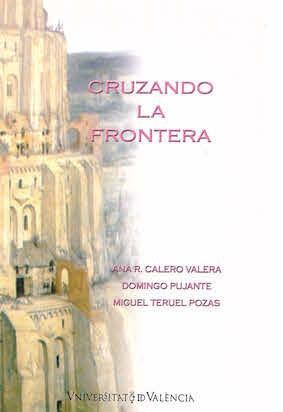La búsqueda de la propia identidad en L’exil est mon pays de Isabelle Alonso
DOI:
https://doi.org/10.7203/qf-elit.v12i0.5027Keywords:
exile, identity, childhood, foreigner, language Abstract
Abstract
In L’exil est mon pays, Isabelle Alonso uses a childlike tone to describe in first person the memories of a girl born in France of Spanish parents. Everything turns around the search for identity of Angustias, who searches for the difference she perceives they consider her as a foreigner. Her inner world, re-presented by the house where she feels protected, faces the hard outside world of the street and the school, and the language will be the means that highlights that difference. Angustias’s story, like Isabelle Alonso’s, is the story of all those who feel alien in the place where they live, and it is also an ode to all those who have and will have the intimate wish to eventually be like the others, without never forgetting her origins.
 Downloads
Downloads
Downloads
Published
How to Cite
-
Abstract306
-
PDF (Español)157
Issue
Section
License
 Este obra está bajo una licencia de Creative Commons Reconocimiento-NoComercial-SinObraDerivada 4.0 Internacional.
Este obra está bajo una licencia de Creative Commons Reconocimiento-NoComercial-SinObraDerivada 4.0 Internacional.
Authors who publish with this journal agree to the following terms:
- Authors retain copyright and grant the journal right of first publication with the work simultaneously licensed under a Creative Commons Attribution License that allows others to share the work with an acknowledgement of the work's authorship and initial publication in this journal.
- Authors are able to enter into separate, additional contractual arrangements for the non-exclusive distribution of the journal's published version of the work (e.g., post it to an institutional repository or publish it in a book), with an acknowledgement of its initial publication in this journal.
- Authors are permitted and encouraged to post their work online (e.g., in institutional repositories or on their website) prior to and during the submission process, as it can lead to productive exchanges, as well as earlier and greater citation of published work (See The Effect of Open Access).




